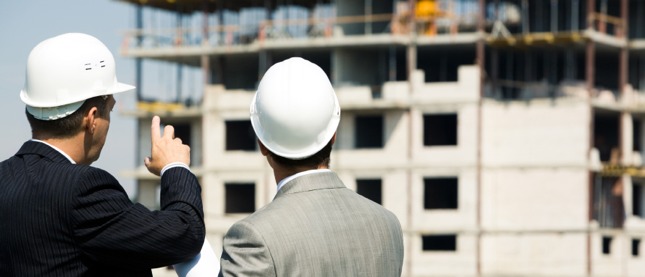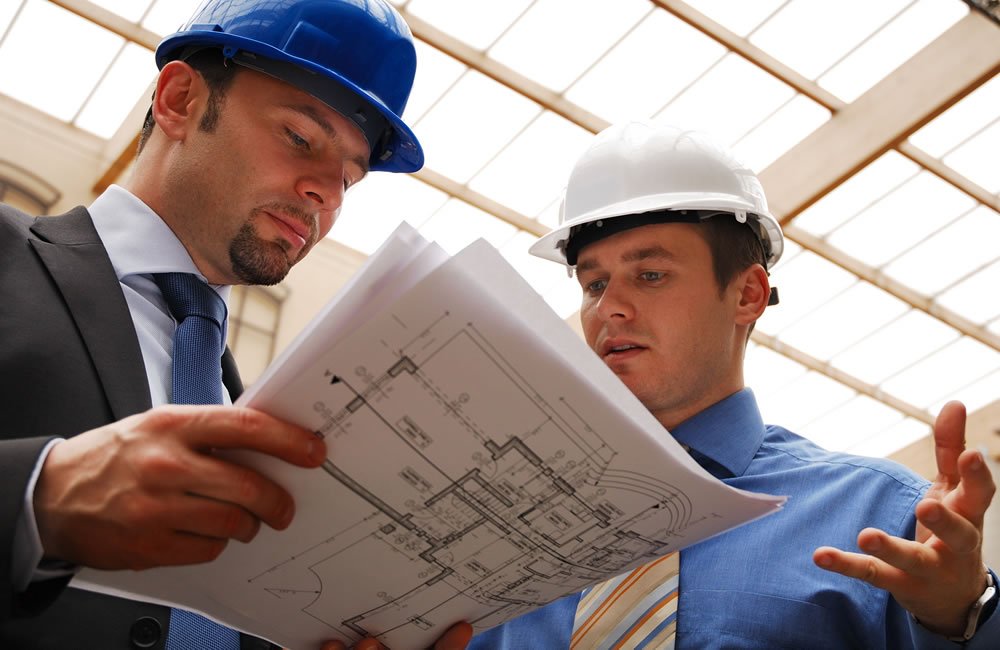Understanding the Role and Influence of Property Developers in Actual Estate
Understanding the Role and Influence of Property Developers in Actual Estate
Blog Article
In the bustling market of real estate, developers play the role of creators of contemporary urban landscapes in directing the transformation of abandoned lands into flourishing towns and commercial zones. The developers play a key part in shaping skylines in order to address housing demands, as well as stimulating economic development. The ventures they undertake encompass a variety of projects, ranging from commercial and residential spaces, each leaving an indelible mark on the city they reside in.
In the forefront of real estate development is the idea of transforming the vacant property or unutilized land into a viable, profitable asset. Developers start this venture by armed with market research feasibility studies and financial projections. They evaluate opportunities, consider potential risks, and develop plans that are compatible with the market and expectations of investors. It's whether it's creating mixed-use development within urban centres or master-planned community developments in suburbs, developers try to balance profitability with environmental and social concerns. The initial stage sets an underlying foundation for the building process, which influences design decisions, investment strategies as well as project timeframes.
One of the most significant benefits of developers in property is the alleviation of house shortages that are a result of rapid growth in urban areas. When they conceptualize and implement residential developments, they can address the pressing need for accommodation, catering to diverse demographics and income brackets. Affordable housing programs are a particular example of their social responsibility and aim at making homeownership more affordable for households with low or middle incomes.
Beyond the bricks and mortar Property developers play a crucial role in shaping the social fabric and economic vitality of neighborhoods. Through strategically investing in public space, amenities, and infrastructure, they improve the appeal and liveability of communities. Through the development of vibrant retail areas along with recreational facilities and cultural establishments, developers add to the local economy and provide employment opportunities. In addition, sustainable development practices help to promote sustainability and environmental stewardship. to climate change while aligning with the larger societal objectives. Thus, property developers exert considerable influence to promote an inclusive and sustainable development, fostering a symbiotic relation between development and health. To receive more information kindly check out https://akisama.com.my/
In the realm of commercial real properties, property developers function as the catalysts of economic expansion and revitalization of urban areas. By investing in commercial properties including office buildings commercial centers and industrial parks they help to stimulate job creation, attract capital, and improve the overall vitality of urban centres. The strategic selection of locations, the infrastructure expansion, and the provision of amenities is essential in maximising the value of commercial development. Also using adaptive reuse to improve existing structures, or brownfield sites can give new life to secluded regions, and encourage innovation and creativity in urban planning.
Despite their inherent complexity and challenges that face property developers, they remain vital catalysts for growth and prosperity in the real property sector. Their ability to anticipate the future, implement, and adjust to changing market conditions creates innovation and resilience urban environments. By embracing responsible development practices, fostering community engagement, and accepting diversity, developers can play a crucial function in shaping a more equitable and sustainable future that is more inclusive for the generations to come.